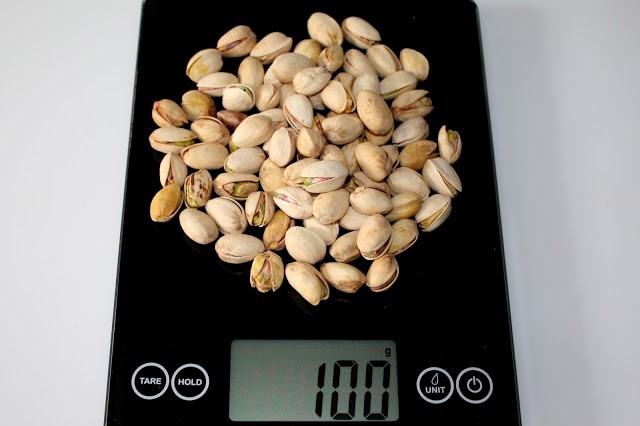I’m frequently asked whether there’s anything to change in one’s diet to improve sexual function. While there’s absolutely nothing dietary that can treat a severe erectile dysfunction (ED) or significant arousal disorder in women, there are number of dietary habits or lifestyle changes which may help. The most important of these is to lose weight. Most of us could shed a few a few pounds and perhaps the best “pro-sexual or sex positive way” to do this is to substitute a plant-based diet for one rich in animal protein and fat.
You don’t need to become a vegan overnight, but a dramatic reduction in animal products will help. This approach improves vascular function which is exactly how erections in men and arousal in women happens. It’s all about blood flow! When people lose weight, their blood vessel function improves, ED improves, and, as weight is lost testosterone levels rise in men and estrogen concentrations in women increase and menstrual cycles become more regular.
Looking for a shorter-term fix to temporarily improve sexual function? That’s nuts! Specifically, walnuts and pistachios.
It turns out that some nuts (remember peanuts aren’t nuts, but legumes), can be very good for sexual function. They improve vascular dilation and lower blood pressure both directly and indirectly by virtue of their positive impact on gut bacteria. Two nuts documented to improve sexual function are walnuts and pistachios. It’s very important that you read the following carefully, because there’s no free lunch. Nuts typically come with both calories and fat. If you’re going to consume a lot of nuts, you’ll need to increase your exercise or decrease your calories from other sources in order to remain weight neutral.
It turns out that about 20-30 walnuts a day for as short as 6 weeks can improve sexual function. However, those 20-30 walnuts/day come with 400 to 650 calories, about 80% of which is fat. This means that your new sex-positive walnut habit is a meal replacement. And while walnuts have been shown to curb appetite, and do so even better than almonds, unless you want to gain a bunch of weight, you will also need to bump up your exercise and/or eat less…a typical meal less.

Pistachios are also a good nut for sex. It turns out that 100 g of pistachios per day for as short as three weeks can improve erectile function. These nuts can also improve blood flow, lower blood pressure, and improve the cholesterol profile (increasing the good cholesterol, HDL, and decreasing both total cholesterol and bad cholesterol, LDL). However, this approach, too, requires a lot of pistachios.100 grams of pistachios, about 3 servings, contain about 560 calories, and 44 grams of fat. Yes, another meal replacement.
All of which raises another question, what do you do with all those shells. Two thoughts: 1) they can be put at the bottom of your potted plants for drainage, or if well-dried, they can serve as kindling for a fire to curl up in front of with your lover. So, lose the weight, and go nuts for sex!
Citations
Esposito K, Ciotola M, Giugliano F, Schisano B, Autorino R, Iuliano S, Vietri MT, Cioffi M, De Sio M, Giugliano D. Mediterranean diet improves sexual function in women with the metabolic syndrome. Int J Impot Res. 2007 Sep-Oct;19(5):486-91.
Salas-Huetos A, Muralidharan J, Galiè S, Salas-Salvadó J, Bulló M. Effect of Nut Consumption on Erectile and Sexual Function in Healthy Males: A Secondary Outcome Analysis of the FERTINUTS Randomized Controlled Trial. Salas-Huetos A, Muralidharan J, Galiè S, Salas-Salvadó J, Bulló M. Nutrients. 2019 Jun 19;11(6).
Tindall AM, McLimans CJ, Petersen KS, Kris-Etherton PM, Lamendella R. Walnuts and Vegetable Oils Containing Oleic Acid Differentially Affect the Gut Microbiota and Associations with Cardiovascular Risk Factors: Follow-up of a Randomized, Controlled, Feeding Trial in Adults at Risk for Cardiovascular Disease. J Nutr. 2020 Apr 1;150(4):806-817.
Aldemir M1, Okulu E, Neşelioğlu S, Erel O, Kayıgil O. Pistachio diet improves erectile function parameters and serum lipid profiles in patients with erectile dysfunction. Int J Impot Res. 2011 Jan-Feb;23(1):32-8.
